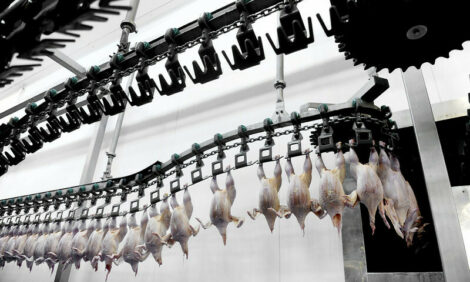



Congresswoman Hits out over Residues in Pork to Taiwan
US - A US Congresswoman has hit out over the discovery of chloramphenicol residues in US pork exported to Taiwan.Chloramphenicol is an antibiotic approved for use in humans, cats and dogs, but banned for use in food animals because residues can be toxic to humans.
Long term exposure has been linked to leukemia and it is also associated with potentially fatal forms of anaemia.
Because of its toxicity, the drug is only prescribed for humans when other drugs have been proven ineffective.
Congresswoman Louise said: "The presence of this banned substance in US exports is, quite frankly, alarming.
"Not only does this compound pose a significant risk to human health, which should be reason enough to follow the law banning its use, but its presence in our exports represents a real danger to our existing trade relationships.
"If we are unable to ensure that dangerous substances are not present in products we export, I am certain that other exporters will be more than happy to step in. This violation of law is even more evidence that the US Food and Drug Administration's oversight is lacking, and that their reliance on 'voluntary guidance' regarding other antibiotics used by the food animal industry is insufficient.
"I hope this lights a fire under the FDA to step up to their responsibility to protect American consumers and our economy."
The banned compound was found during inspections of pork balls and pork burger imported from the US by Taiwan. The inspections also uncovered the presence of ractopamine, a livestock feed additive also banned in pork imported by Taiwan.
Congresswoman Slaughter has been a leading advocate in calling for greater monitoring and oversight by the Food and Drug Administration.






